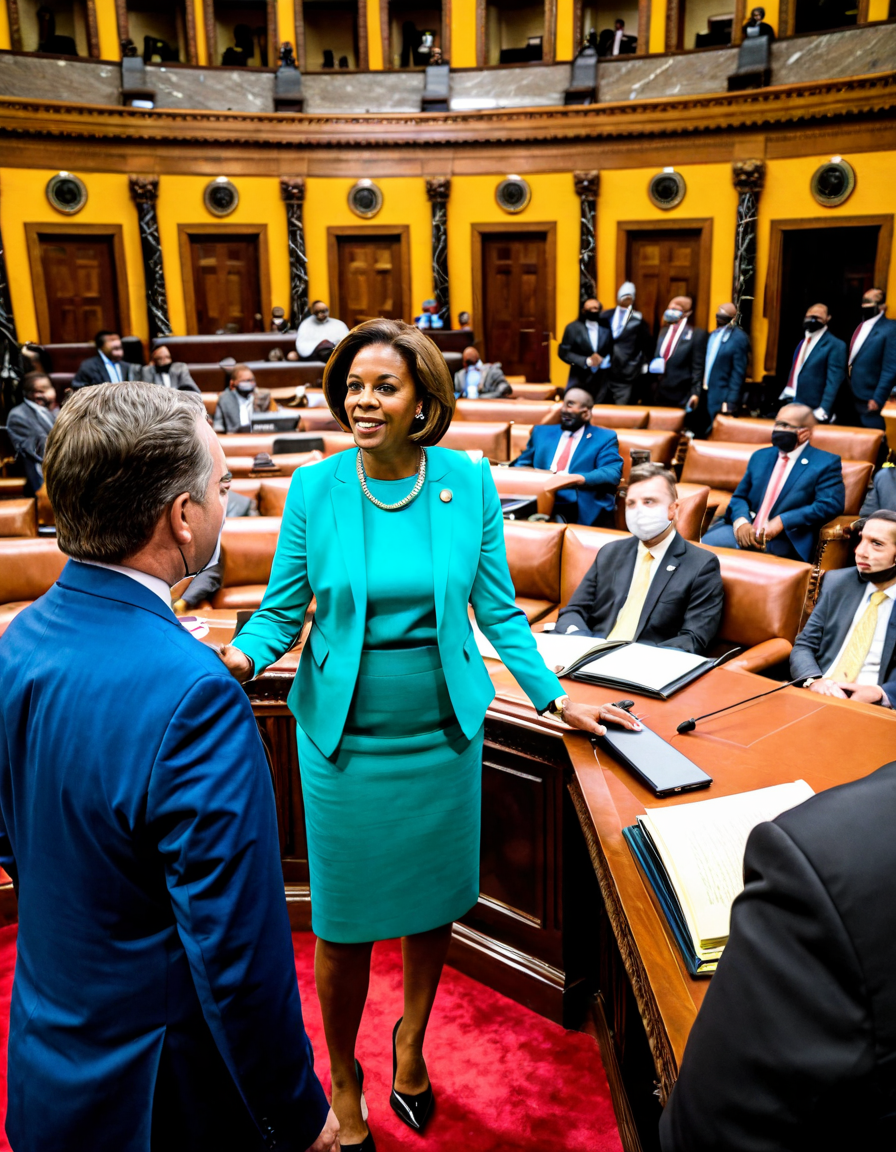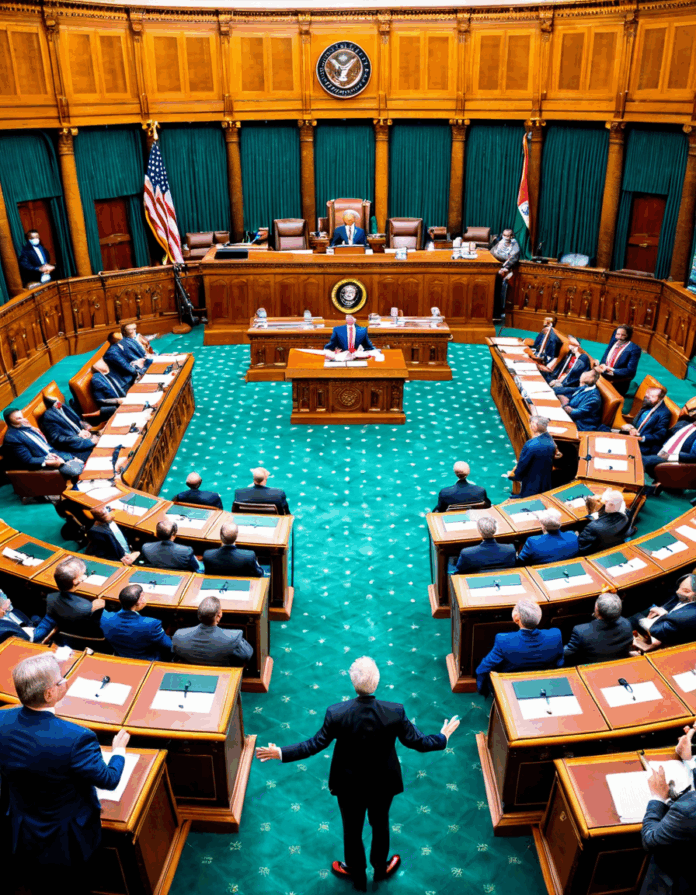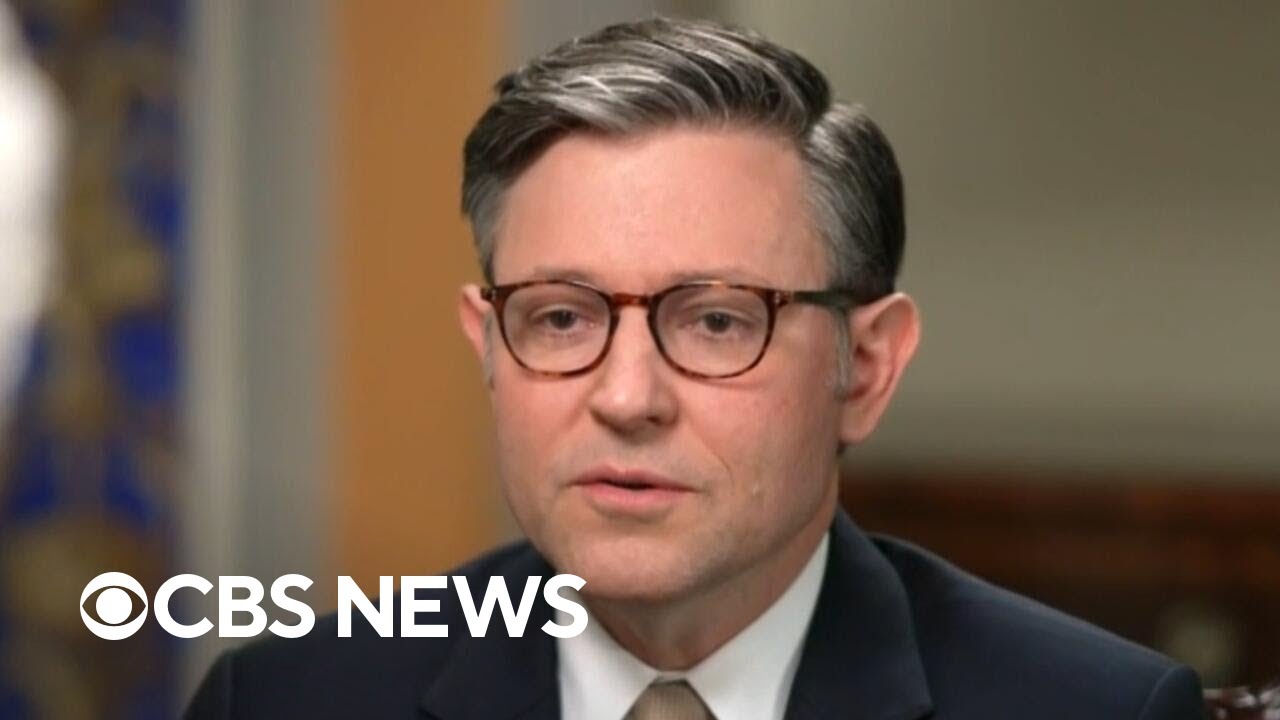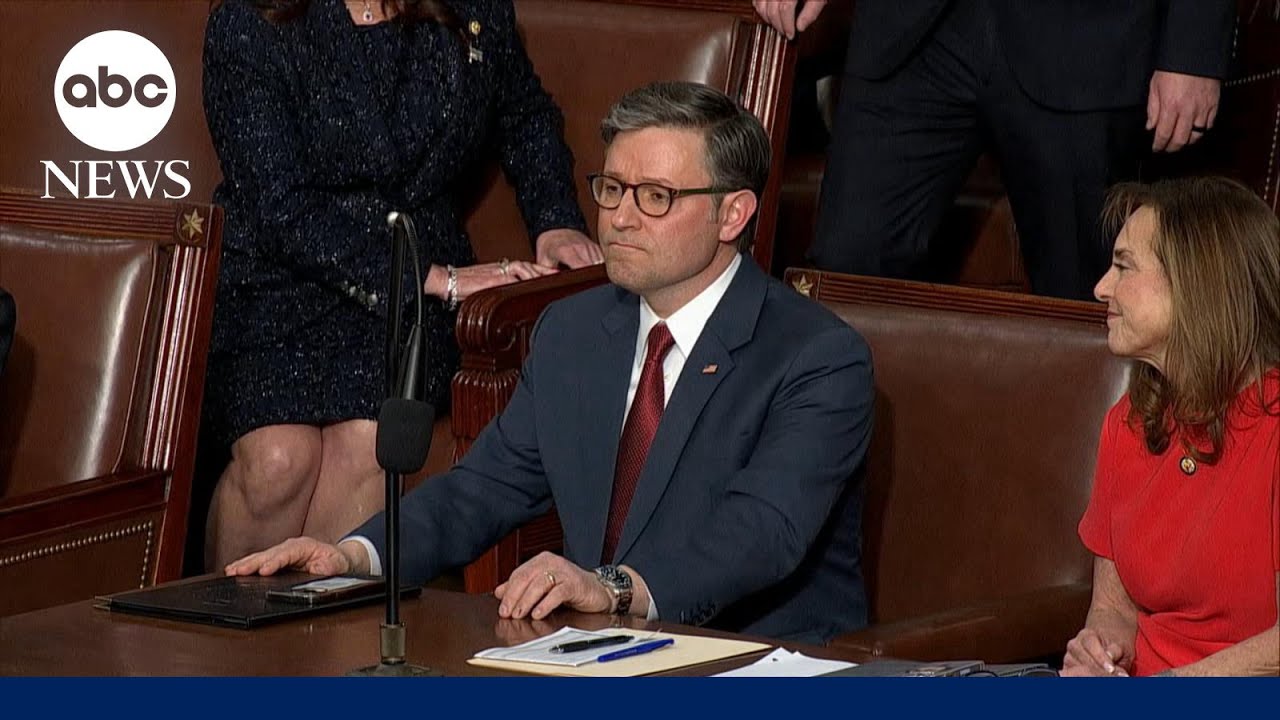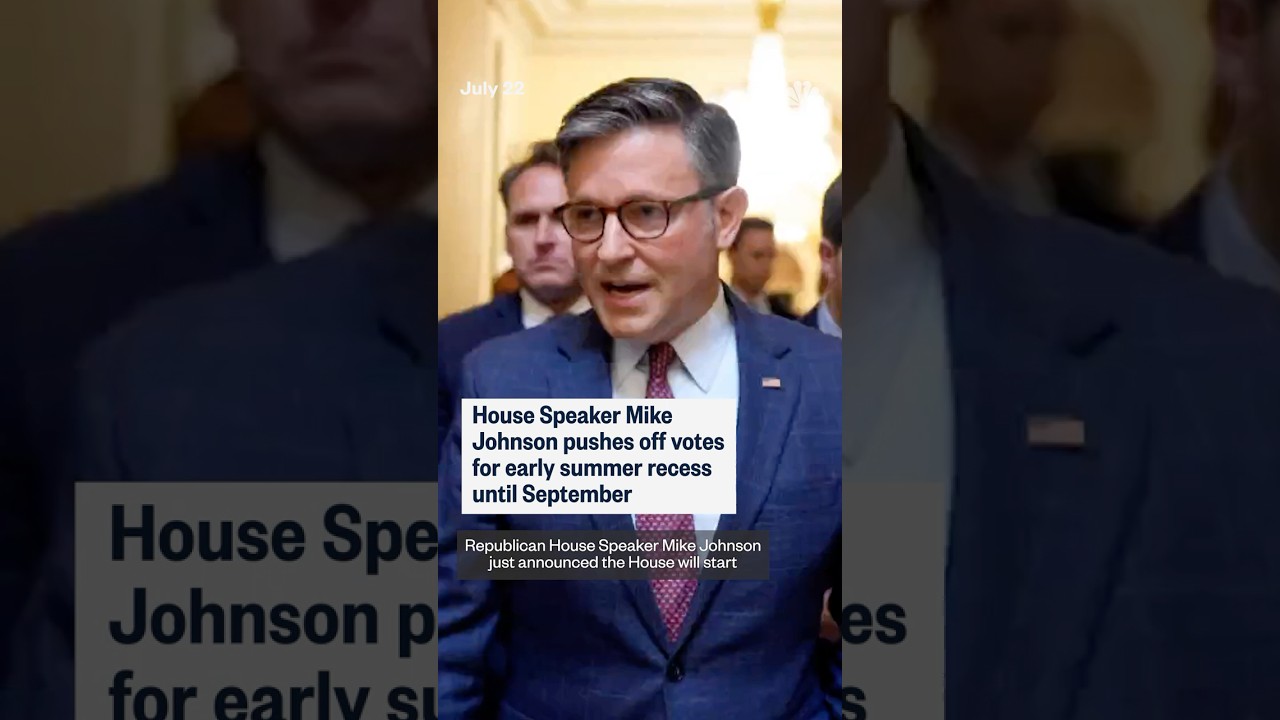The Speaker of the House is a pivotal figure in American politics. It’s not just about being the presiding officer of the House of Representatives; the speaker shapes legislative priorities, influences party dynamics, and guides national discourse. Over the years, this role has morphed significantly, becoming a central point for both political power and public accountability. Take, for instance, Nancy Pelosi’s historic leadership, marked by major legislative achievements such as the Affordable Care Act, versus Kevin McCarthy’s ongoing challenges with his party’s far-right factions. This shifting landscape makes the Speaker of the House a key indicator of where American politics stands today.
The Role of the Speaker of the House in Shaping American Politics
The Speaker’s sway can’t be underestimated. From deciding which bills make it to the floor to managing party unity, the Speaker’s influence is vast. As we analyze this role, we must consider both historical and contemporary contexts, examining how varying leadership styles and party dynamics have shaped what it means to hold this powerful position. Leaders like Paul Ryan chose to unify a divided Republican Party after the tumultuous Obama years, showcasing the balancing act a Speaker must perform between moderates and hardliners. The Speaker’s role, deeply embedded in the legal and cultural fabric of governance, is crucial in steering national priorities, especially during significant political moments.
Moreover, the Speaker serves as a crucial counterweight against the executive branch. The lines of communication between the Speaker and the President often dictate the effectiveness of policy implementation, especially issues relating to the Secretary of Defense. When military actions arise, such as U.S. engagements in Eastern Europe, the Speaker’s collaboration with the Secretary of Defense can make or break congressional support for key defense policies. A strong alignment can lead to substantial funding and strategic deployments, underscoring the integral relationship between these two offices.

Top 5 Responsibilities of the Speaker of the House in Contemporary Governance
The Speaker acts as the legislative agenda setter for the House. This role requires pinpointing which bills get the spotlight, which can significantly alter public policy. For example, under Pelosi’s leadership, climate change legislation gained momentum, leading to a notable surge in bills aimed at lowering carbon emissions. This ability to prioritize hot-button issues demonstrates the sheer power the Speaker has in framing national discussions.
A significant responsibility lies in managing the diverse factions within the party. Consider Paul Ryan’s focus on bridging divides during his tenure; he aimed to unify the GOP in the face of disarray following the Obama administration. Balancing the interests of moderates and more conservative members highlights the intricate maneuvers a Speaker must engage in to maintain party cohesion.
The Speaker also holds the reins on debate procedures and committee appointments. This control is turbocharged during critical discussions—like recent debt ceiling negotiations—impacting funding measures that are vital for government operations. An adept Speaker can navigate these waters efficiently, setting the stage for legislative successes or failures.
Partnership with the President and the Secretary of Defense is essential, especially when it comes to national security matters. Historically, the rapport between the Speaker and top executives can significantly influence policy outcomes. During discussions about military budgets, for instance, a strong working relationship can smooth over friction and lead to cohesive strategies in dealing with global threats.
The Speaker stands as the public face of the House, crafting narratives through press appearances and briefings. For example, comparing Pelosi’s forthright communication style with McCarthy’s softer approach illustrates how public perception can shift based on the Speaker’s strategy. Their words resonate beyond the Capitol, impacting how policies are viewed nationwide.
Historical Context: Evolution of the Speaker’s Power
The role of the Speaker has undergone a dramatic transformation. Initially, early Speakers had limited authority, primarily serving as facilitators of debate. Through the years, influential Speakers like Newt Gingrich and Nancy Pelosi redefined this role, steering it towards one of substantial political power. For instance, Gingrich leveraged media to rally support for the “Contract with America,” leading to significant legislative changes in the 1990s. Today, crisis situations further underscore the Speaker’s growing influence, particularly as partisan polarization escalates, making their role critical for congressional functionality.
Bear in mind, however, that this amplified power does not come without consequence. As party lines grow more rigid, the role of the Speaker often reflects broader societal divides. The dynamics of governance have shifted, leading to a situation where bipartisanship becomes increasingly rare, and the Speaker’s ability to navigate party divisions has never been more vital. Amid these shifting tides, the Speaker must adapt strategies while remaining true to their party’s core values.
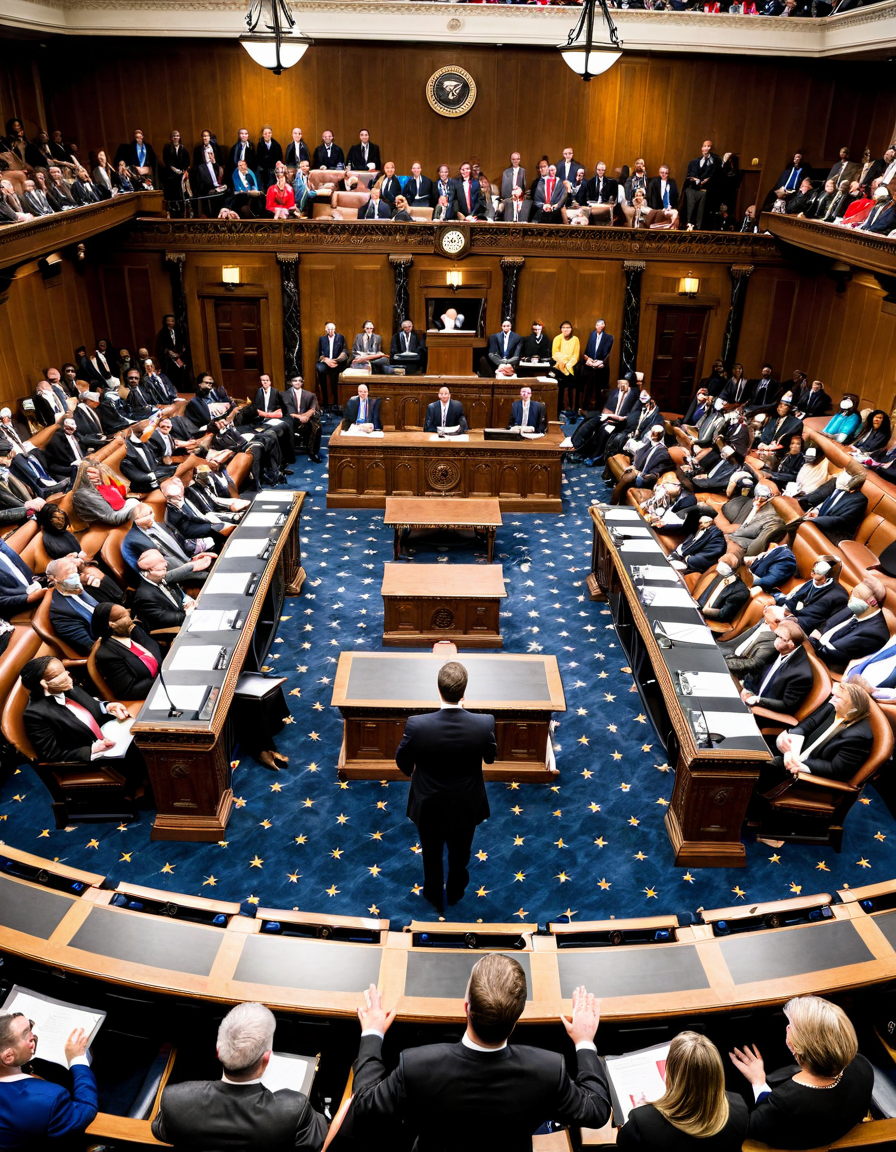
The Speaker’s Influence on Legislative Outcomes: Case Studies
Looking at particular legislative battles illustrates how the Speaker can decisively alter outcomes. During the passage of the Affordable Care Act, Nancy Pelosi used her nuanced understanding of parliamentary tactics to rally the necessary votes despite a fragmented political landscape. Her assertiveness and strategic planning showcased the Speaker’s ability to create transformative policies that address critical national issues.
Conversely, Kevin McCarthy’s recent challenges during immigration reform discussions highlight the difficulties a Speaker can face when dealing with intra-party conflicts. His struggle to balance demands from the far-right members of his party, alongside calls from more moderate constituents, sheds light on the fragile nature of party politics in America today. In both cases, the Speaker’s capacity to advocate effectively shapes legislative success or failure.
The Speaker vs. The Secretary of Defense: Navigating Power Dynamics
The interplay between the Speaker of the House and the Secretary of Defense plays a crucial role in U.S. defense policy. Recent events have highlighted how this relationship can impact military funding and strategic decisions. Take, for example, the ongoing military engagements in Europe—if the Speaker aligns closely with the Secretary of Defense during budget talks, it can lead to a robust consensus on defense spending.
This setting not only influences funding but also the strategy behind military actions. When conflicts arise, unified support from the Speaker can lead to expedited decision-making processes in Congress, allowing for timely responses to emerging global threats. Thus, by observing their interactions, we can gain insights into how national security is prioritized at the legislative level.
Looking Ahead: The Future of the Speaker of the House
As we forge deeper into the 21st century, the Speaker’s role is poised to further evolve amidst a backdrop of digital innovations and increasing polarization. It’s expected that future Speakers will adopt new communication methods, leaning more heavily on grassroots engagement to maintain party loyalty and connect with constituents effectively. The rise of social media, for example, allows for rapid dissemination of information, pushing Speakers to adapt their communication strategies to meet modern expectations.
Moreover, sustaining party unity will likely emerge as a pressing challenge. As factions within both major political parties become more distinct, the next Speaker will need to innovate continually, crafting bipartisan coalitions to push through significant legislation. The road ahead may be complicated, but the Speaker’s leadership remains central in shaping the legislative agenda and addressing vital national issues.
In conclusion, the Speaker of the House is a vital player in American governance. Balancing party loyalty with national interests, their leadership shapes the legislative path forward while navigating complex relationships with key figures, including the Secretary of Defense. As the dynamics of the political landscape continue to shift, the enduring importance of the Speaker remains clear, impacting crucial decisions that resonate through all levels of society.
Speaker of the House: Fun Trivia and Interesting Facts
A Brief History
Did you know that the speaker of the house is not just a title? This role has historical roots dating back to the early colonial days in America, with the first official speaker being Frederick Muhlenberg in 1789. Interestingly, the speaker’s duties have expanded significantly over the years, evolving from just presiding over debates to a critical position that influences legislation and party strategy. Just like how Jon Lovitz has evolved from his comedic fame to being a social media star, the role of the speaker has had to adapt to the changing political landscape.
Powers and Prestige
One of the fascinating facts about the speaker of the house is the immense power they wield. Acting as the gatekeeper for which bills make it to the floor for debate, the speaker plays a key role in shaping legislation. For instance, much like how debates over ghee Vs butter can polarize opinions in the culinary community, the speaker often finds themselves at the center of heated discussions on Capitol Hill. Additionally, the speaker is second in line to the presidency, which is a crucial role, much like a pitcher in a baseball game—if they falter, it can lead to big changes in the outcome.
Fun Facts and Figures
Here’s a fun little tidbit: the speaker of the house is often highlighted in pop culture! For example, references can be as entertaining as those you’d find on shows like Pitch Perfect 2, where humor meets performance. And speaking of performances, did you know that many speakers have used their platform to draw attention to various causes? Just as athletes like Paige Spiranic use their fame for charitable efforts, these political figures often champion important issues, whether it’s healthcare, like discussions around Children’s Tylenol, or education reforms. Each speaker brings their unique flair to this pivotal role, reminding us that politics can be just as engaging as any reality show.
